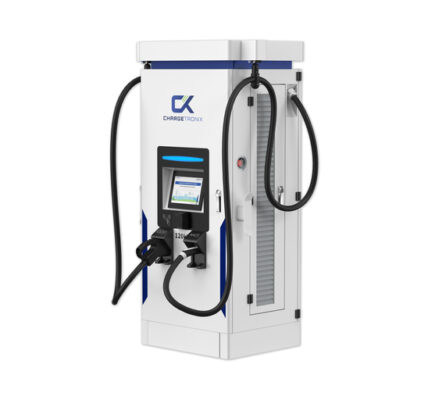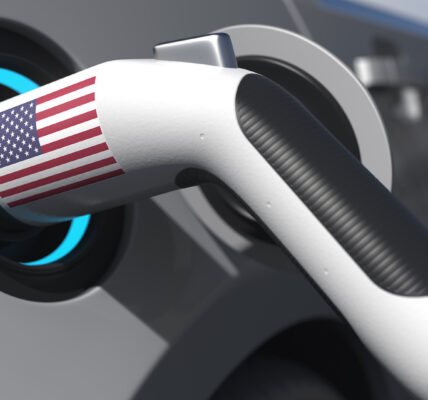EU Approves $986 Million German State Aid For Northvolt’s Battery Plant, Matching US Subsidies
The European Commission gave the green light to a $986 million German measure aimed at bolstering Swedish sodium-ion battery-batteries company Northvolt’s initiative to build a battery production plant for electric vehicles in the country.
The sum sways Northvolt’s decision towards Europe; absent this aid, the plant would have been situated in the United States, where comparable support was offered under the Inflation Reduction Act.”
This $986 million German measure is the first individual aid being approved to prevent an investment from being diverted away from Europe, under the new possibility offered by the Temporary Crisis and Transition Framework since March 2023,” said Margrethe Vestager, executive vice-president of the European Commission, responsible for competition policy.
Matching aid, said Vestager, is a European Union’s ‘new feature’ to allow European companies to find an equivalent sum of investment or aid in Europe, that they can receive in other jurisdictions.
Germany’s proposed measure is designated to assist Northvolt in establishing a facility in the city of Heide, with an annual capacity of 60 GWh, able to produce batteries for approximately 800,000 to 1 million electric vehicles annually.
This investment aligns with the EU’s efforts to advance towards a net-zero economy, echoing the principles of the Green Deal Industrial Plan. “This is an important step for the electrification of transport in Europe while preserving the level playing field in the Single Market,” said Vestager.
the plant contructions alignes with the plans of the EU-block to produce more environmentally friendly and responsible batteries. The Swedish battery maker’ commercial sodium-ion battery cells are free from lithium, nickel, cobalt and graphite, limiting the outsourcing of raw materials. With the revision of the Batteries and Waste Batteries Regulation, it will be a prerequisite for commercialisations that batteries will be made with raw materials sourced respecting both environmental and human rights.Plant’s operations are slated to start in 2026, with full production capacity expected by 2029.







